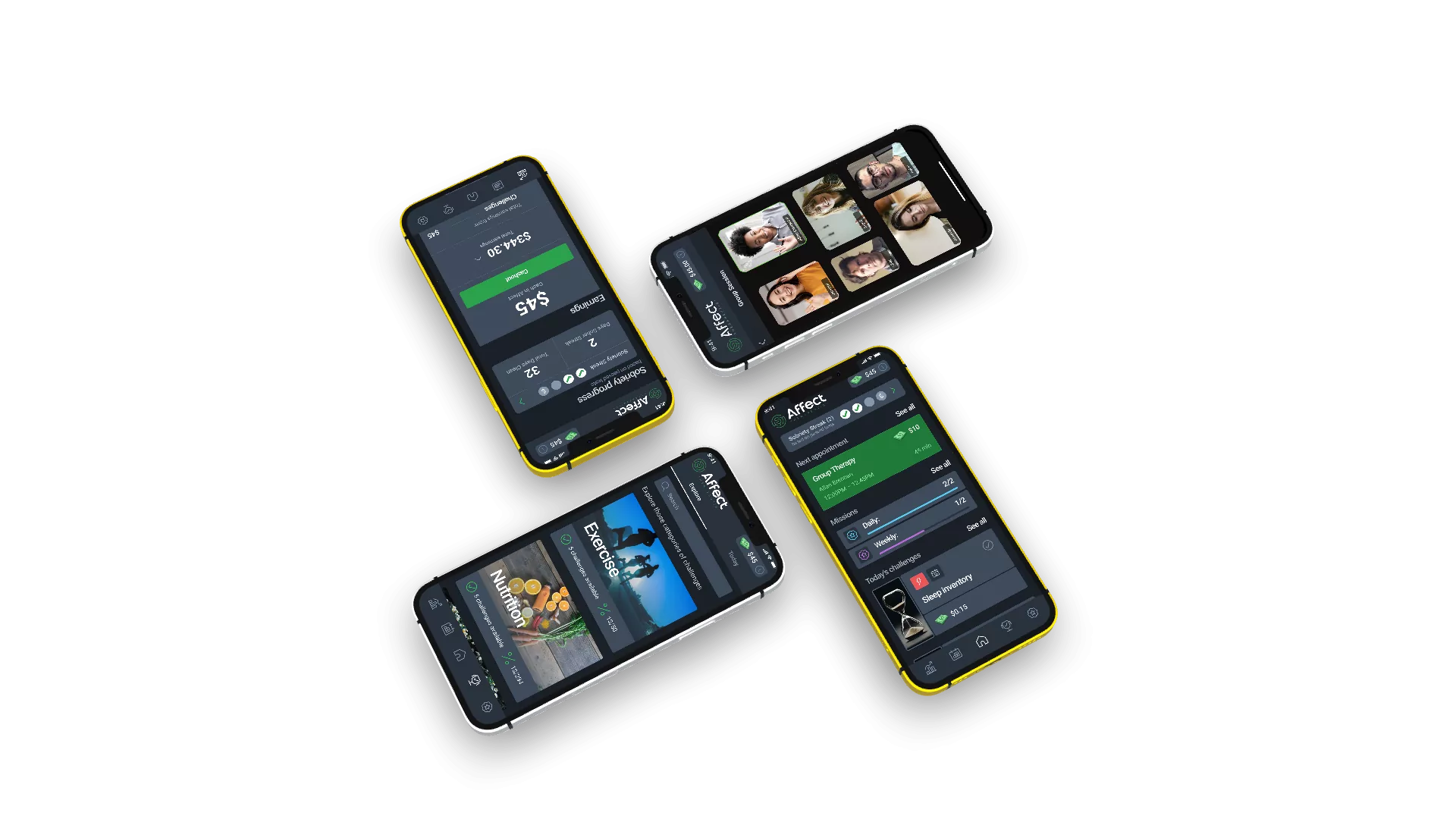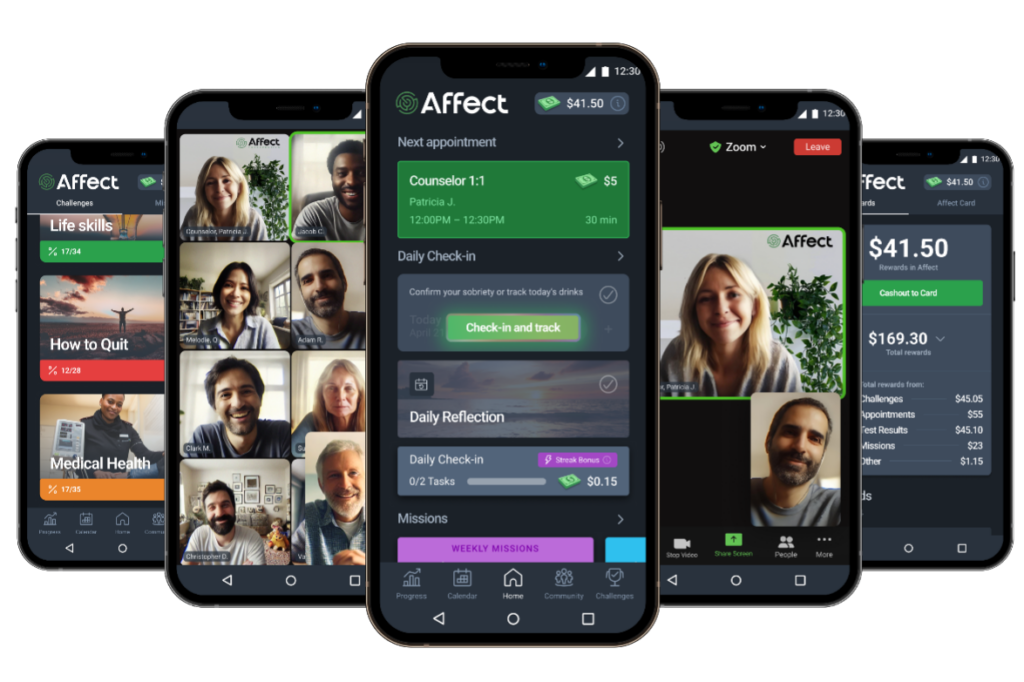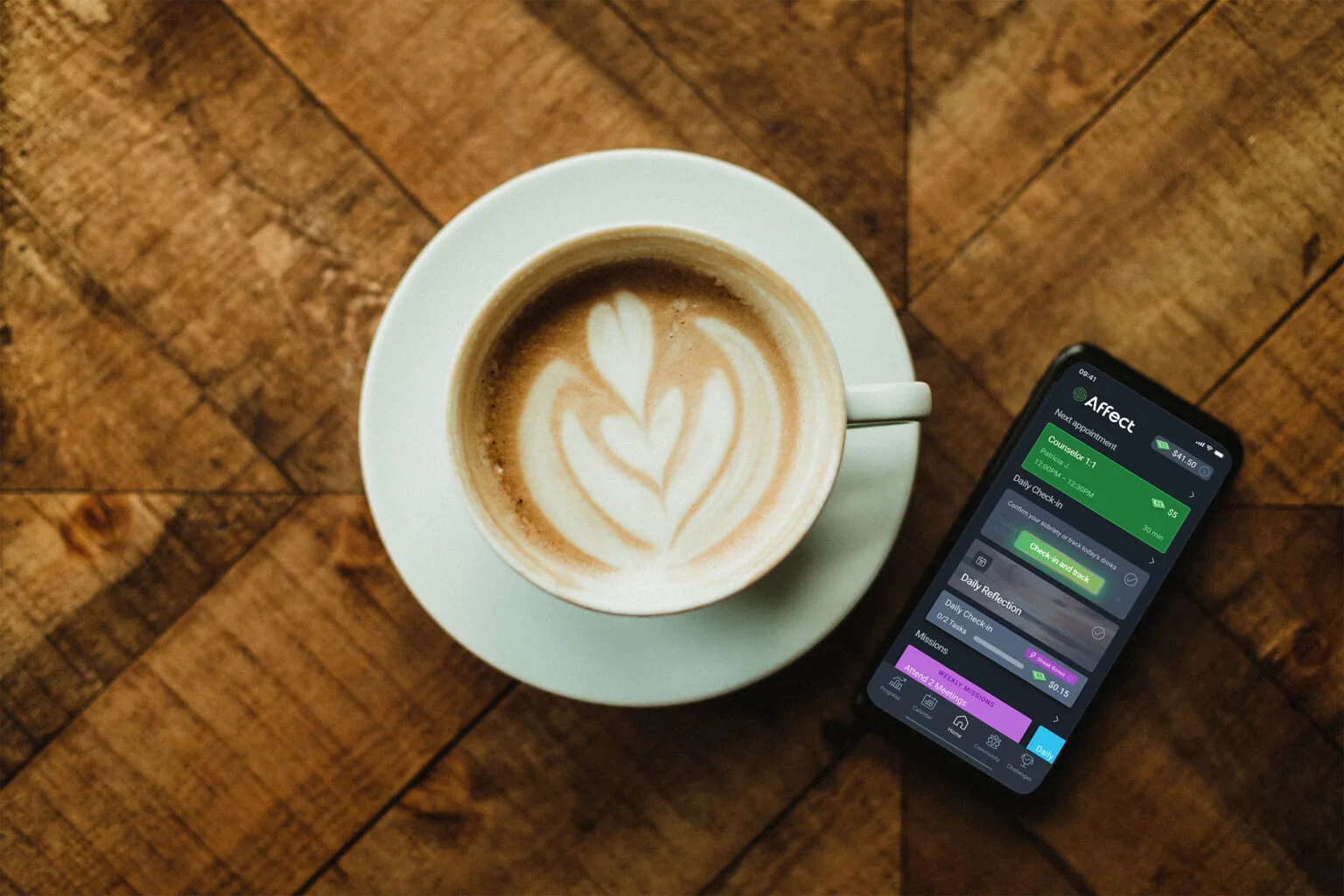
Alcohol withdrawal and recovery
Support in early recovery as your body adjusts is a critical part of a successful journey to sobriety
Alcohol withdrawal symptoms can present themselves when a heavy drinker stops suddenly or reduces their intake significantly. There are a number of physical and emotional symptoms that can occur, including nausea, headaches, anxiety, sweating and tremors. Sometimes more severe symptoms appear, such as hallucinations, confusion, and seizures.
The physical effects of Alcohol Withdrawal Syndrome (AWS) can be life threatening when they are most extreme. Medical supervision and support from trained professionals in addiction recovery are necessary in these cases. Alcohol detoxification (“detox”) is the process of the body attempting to rid itself of the toxins from long-term, heavy consumption.
Managing alcohol withdrawal as the body detoxifies is the first step in recovering from alcohol use disorder. There are medications to help mitigate withdrawal symptoms and therapy helps stabilize people for a successful journey to sustained sobriety. Affect’s team supports members through every step and challenge along the way.
What is Alcohol Withdrawal?
Alcohol is a depressant that acts on the central nervous system of the human body. Drinking excessively makes the body dependent on alcohol over time. If someone suddenly stops drinking or significantly reduces their alcohol use, their body may not know how to adjust to the lack of alcohol. This leads to alcohol withdrawal.
Signs and symptoms of alcohol withdrawal can appear within a few hours or a few days after a person stops drinking, and may worsen over a course of a few days. Milder symptoms may persist for weeks. Symptoms of alcohol withdrawal include:
- tremors
- anxiety
- nausea
- vomiting
- headache
- an increased heart rate
- sweating
- irritability
- confusion
- insomnia
- nightmares
- high blood pressure
Mild alcohol withdrawal can often be managed from home with appropriate care. More severe symptoms may need to be evaluated and treated in person. Severe alcohol withdrawal symptoms include seizures, hallucinations, confusion, very high blood pressure, and very high heart rates. These can be life-threatening.
If you or someone you know has stopped drinking and is experiencing a high fever, hallucinations, or heart irregularities, go to the emergency room or call for help.
It’s important to start your recovery journey with support and assistance from experienced professionals who can help assess your risk of severe withdrawal and be prepared to provide the help you need. Talking with one of our care specialists can make all the difference.
What is PAWS?
When someone stops using drugs or alcohol, their brain can take a long time to recalibrate.
People often feel physically uncomfortable for several days following their last drink or their last drug use, but after the physical discomfort ends, they may experience emotional and mental discomfort as well. This emotional and mental discomfort is known as Post-Acute Withdrawal Syndrome (PAWS).
PAWS can appear at different times for different people, but research has shown a sharp drop-off in people who stay with treatment after 4 weeks. Affect has noticed this as well and has also noticed an increase in drug and alcohol use at the 4-6 week mark.
Sticking with treatment at the 4-6 week mark is critical for maintaining long-term sobriety!
Does everyone get PAWS?
No, not everyone gets PAWS, but many people do. PAWS can come as a surprise. People who feel great after two or three weeks of sobriety may suddenly and unexpectedly feel anxious, depressed, angry, or emotionally drained.
If you find yourself feeling this way, this is normal. Your brain is in the process of adjusting to sobriety. The mental and emotional changes you notice are part of that process.
What are the signs and symptoms of PAWS?
PAWS signs and symptoms may include:
- Difficulty thinking clearly
- Trouble sleeping
- Irritability or mood swings
- Anxiety or Panic
- Depression
- Cravings for drugs or alcohol
- Not caring
- Increased stress
How can you avoid relapsing during PAWS?
There are several ways you can fight back against PAWS:
- Keep going to group and individual counseling
- Talk about what you’re feeling
- Focus on getting good sleep
- Exercise and eat healthy
- Engage in relaxing activities
- Take medication as prescribed
- Spend time with your support system
- Focus on personal hygiene
- Avoid Triggers
- Educate yourself on symptoms
It is also important to be patient. Recovery takes time. Don’t expect to do it all in a day.
Affect’s digital program uses a system of rewards and incentives to keep you working on these positive tasks and activities with support and guidance from counselors, clinicians, physicians and care coordinators.
Will PAWS go away?
YES! PAWS lasts different times for different people, but the symptoms will go away. Your team at Affect is here to help you get to the other side!

Get a Program in Your Pocket and Get Better
“Affect has shown me a caring side that I never had for myself. It has made me rise as an individual and I have uplifted my courage, bravery, and willpower to obtain my sobriety. Not only did I find myself, but I also found friends in counseling. By friends, I mean someone who really believes in you when others won’t. This program is amazing and works.”

A private program in your pocket
Residential and outpatient treatment can cost thousands of dollars in out of pocket expenses. Affect offers everything a rehab clinic does, including support for detox and withdrawal management, but puts it all in your pocket and goes wherever you do. It’s discreet so you keep your recovery private while still having a compassionate community to support you. You don’t have to leave your life to start creating a new one free of alcohol or drugs.
You have access to individual and group therapy, medical assistance, and a full program that helps you learn to manage your triggers and rebuild a life while you recover. With rewards and incentives, you are continually motivated to keep working on your recovery journey.
Come find out how it works in one of our free group sessions. Your new life is ready and waiting for you.
Based on science that rewards healthy choices
Our program offers almost $600 in incentives as you succeed in treatment (known as “contingency management”) to help reward healthy activities and encourage new habits.
We also deliver group and individual therapy and medications to help manage your cravings. Together, these treatments have consistently shown better recovery outcomes than any other.
Entirely private, fully digital, and always available
All of your appointments are conducted over secure video conference, so you can choose where you’d like to be. No traveling to a rehab clinic or sitting on a folding chair in a basketball gym.
Our smartphone app provides direct access to your calendar, daily tasks, progress tracking, and care team. Whenever you need us, we’re with you.
Support both inside and outside of treatment
Need help finding a new job, a better place to live, a doctor, a way to lower your bills? We’ve got you.
Getting sober isn’t just about quitting. It’s also about changing your life for the better, forever. Your care team will work with you to make improvements that can sustain your recovery and give you a life you’re proud of.
Affect Member Reviews
You understood me and made sure I was safe in the midst of all my experiences.
I love my coach. He’s a licensed professional, not just another former addict.
This program is actually useful. My DUI program takes an hour just to do roll call.
This program changed my life. I now have goals. Before I had nothing.

Let’s get started getting better. We’re here for you.


